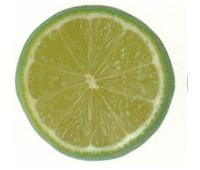Quebec: Chemicals in red wine may help reduce gum disease, scientists at the Universite de Laval have discovered.
The reason is that red wine contains polyphenols, chemicals which give red wine its colour, help reduce the periodontitis, the damaging disease which attacks the gums and bone surrounding teeth.
It is estimated that 65 per cent of adults aged over 50 and 15 of younger people have the disease which in its worst form leads to tooth loss.
It is caused by a combination of bacteria and free radicals – harmful oxygen molecules – in the mouth. When you drink red wine, the polyphenols interfere with this process and can reduce damage to the gums, scientists say. In laboratory tests, polyphenols were found to combine with the free radicals and render them harmless.
The research by scientists from Universite Laval in Quebec, Canada, is published in the latest edition of the U.S. Journal of Dental Research.
Lead researcher Dr Vanessa Houde presented the findings at the American Association for Dental Research in Orlando, Florida, yesterday.
Previous research has discovered that red wine has many health-giving properties.
Last October, researchers found drinking it may help to ward off lung cancer. UK doctors have even recommended red wine to heart-attack patients, after evidence emerged of its benefits for the cardiovascular system.
Scientists are also developing a pill which they hope will harness the healthy anti-oxidant properties of red wine without the alcohol.
Polyphenols are also found in green tea, fresh fruit and vegetables, which have all been found to lower the risks of cancer and heart disease.
The chemicals are thought to help get rid of free radicals which are believed to trigger the illnesses.
Polyphenols are also known to hamper the inflammatory process which leads the hardening of the arteries and other disorders.



